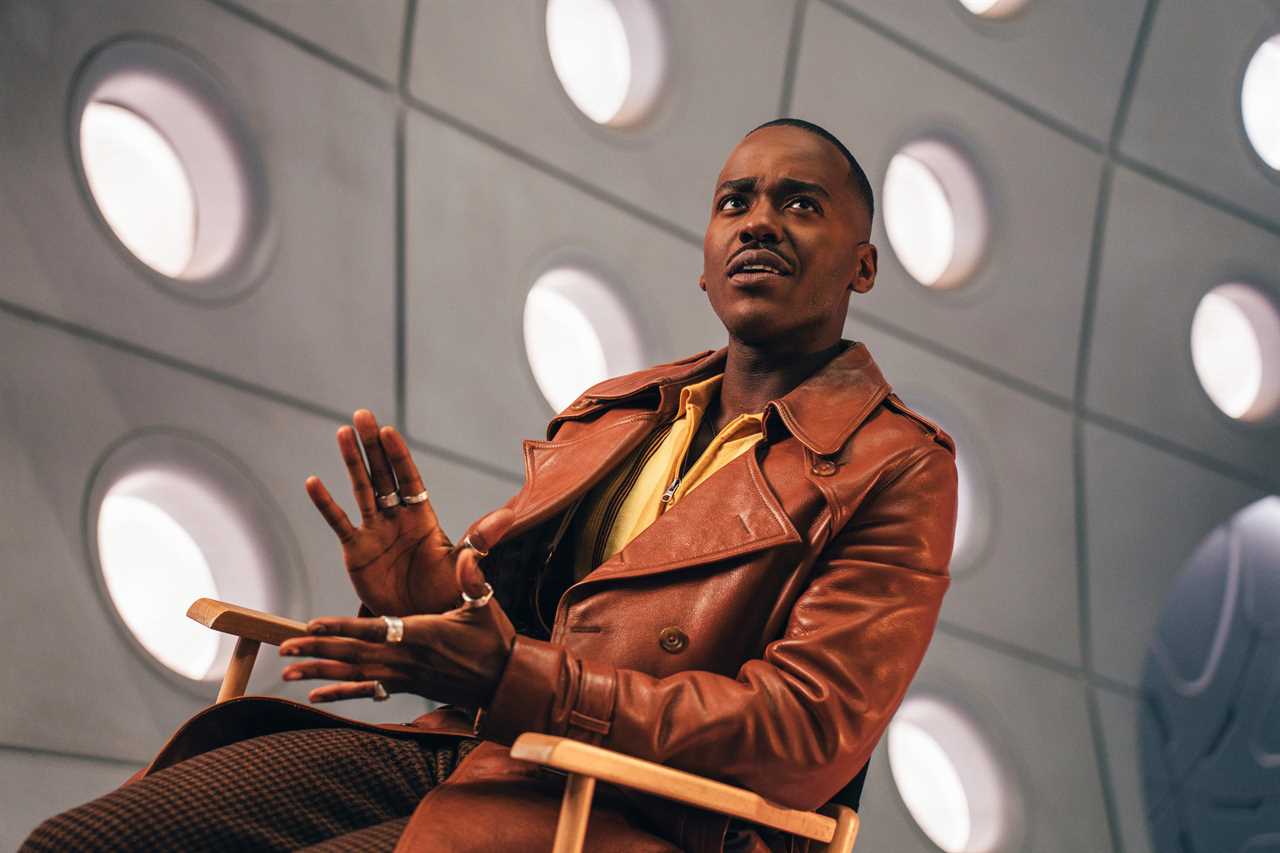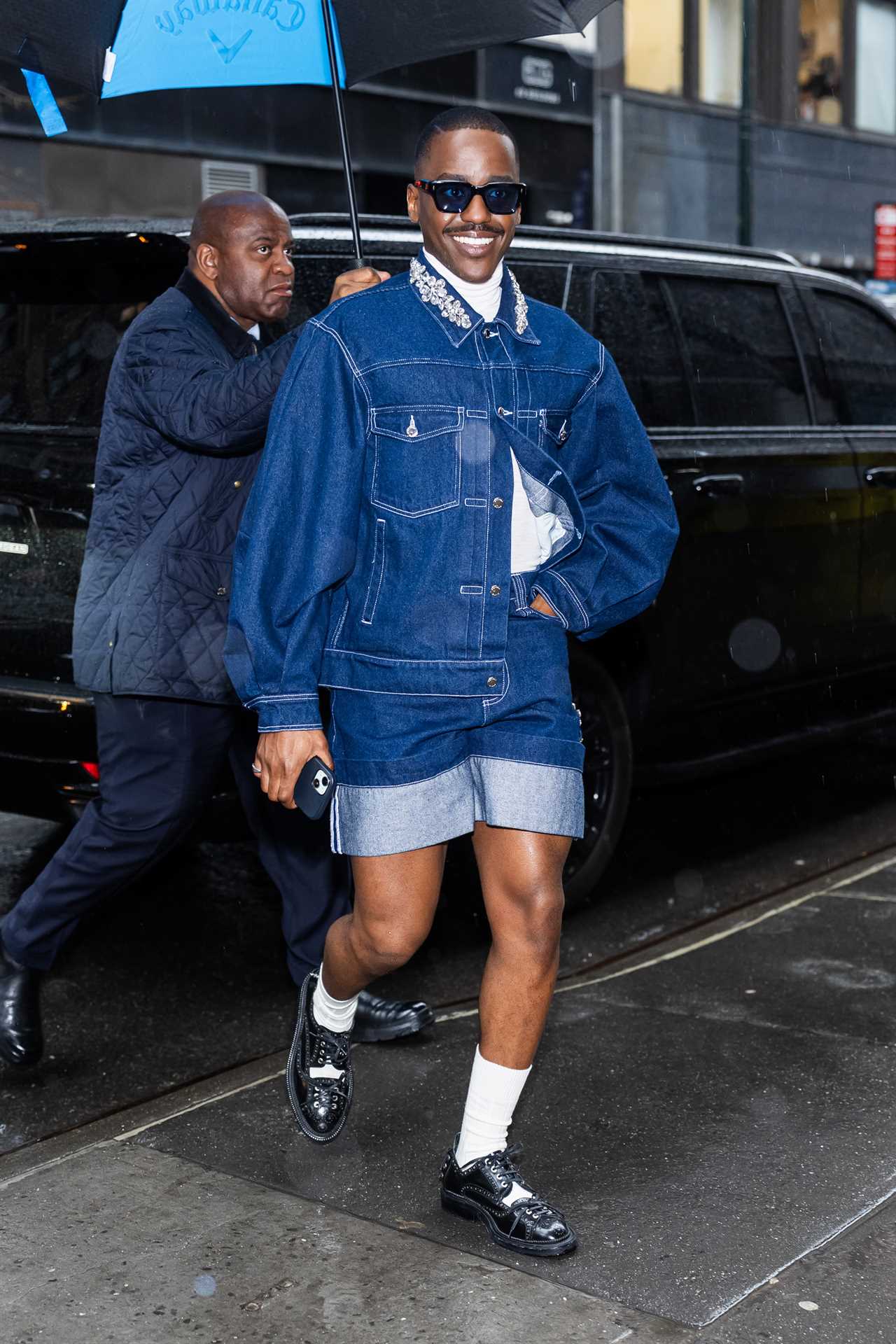
Exploring the potential pause of a new Doctor Who series following Ncuti Gatwa's departure signifies a pivotal moment in British television. The decision to remove Gatwa, known for his role in Sex Education, from the iconic sci-fi show after two seasons raises questions about the programme's direction amidst shifting audience preferences and societal dynamics. Amidst reports of plummeting ratings and controversial storylines, the BBC faces a critical juncture in navigating the legacy and future of this long-standing cultural phenomenon.
Challenges in Revitalising a Sci-Fi Institution
With Gatwa's exit, Doctor Who confronts a delicate balance between tradition and innovation. The emergence of 'woke' narratives and the incorporation of diverse characters have led to both acclaim and critique, underscoring the complexities of modern storytelling. How can the show adapt to evolving audience demands while honouring its rich heritage? The challenges of revitalising Doctor Who in an era of heightened social consciousness highlight the intricate task facing the production team.
The Influence of Political Narratives on Audience Engagement
The reported decline in ratings amid 'woke' storylines reflects broader societal debates around representation and inclusivity. By delving into themes like incels and non-binary identities, Doctor Who has sparked discussions about the role of entertainment in shaping cultural norms. How does the interplay between political narratives and audience engagement impact the sustainability of long-established franchises like Doctor Who? The show's response to these shifts will undoubtedly shape its future relevance and resonance with viewers.
A Global Lens on Cultural Influences
From Gatwa's outspoken advocacy for Palestine to the controversies surrounding Israel's Eurovision entry, the intersection of art, politics, and identity reverberates across borders. The international repercussions of Gatwa's departure and the subsequent programme changes underscore the interconnected nature of cultural production in a globalised world. How do individual actions within the entertainment industry reflect and influence broader geopolitical contexts, and what responsibilities do public figures bear in navigating these complex dynamics?

The Intersection of Artistic Expression and Social Responsibility
As Doctor Who grapples with internal transitions and external pressures, the conversation extends beyond entertainment to the broader realm of societal impact. Gatwa's departure serves as a microcosm of larger debates around representation, creative autonomy, and audience reception. How can the show strike a balance between artistic vision and social responsibility, and what lessons can be gleaned from this juncture for the future of British television? Navigating these intersections is crucial for fostering inclusive, thought-provoking content in an ever-evolving media landscape.
In conclusion, the potential hiatus of Doctor Who following Ncuti Gatwa's exit signals a critical moment for the show's legacy and future relevance. By analysing the implications of Gatwa's departure within the broader socio-political context, we gain insight into the intricate dynamics shaping contemporary television narratives. As audiences and creators alike navigate the complexities of representation and storytelling, the fate of Doctor Who stands as a reflection of the evolving landscape of cultural production in the UK and beyond.






